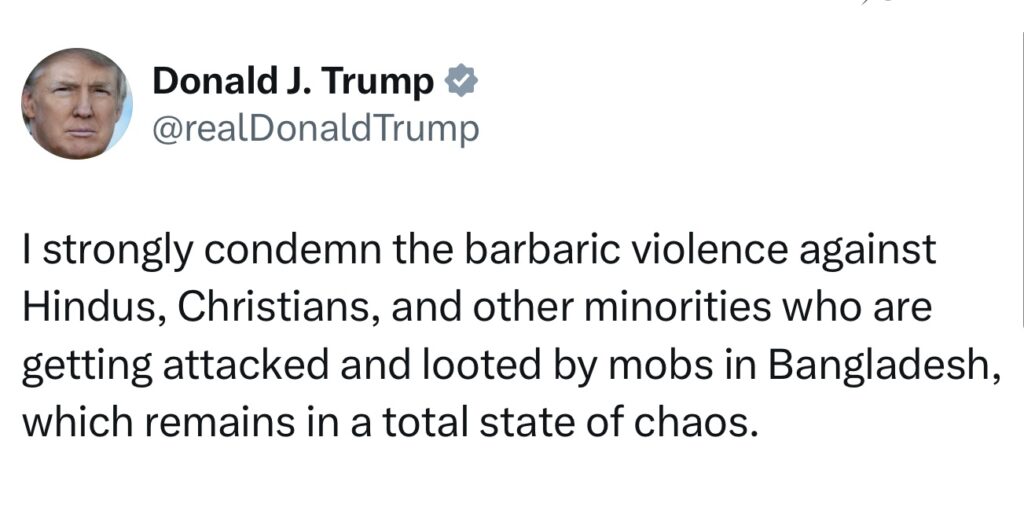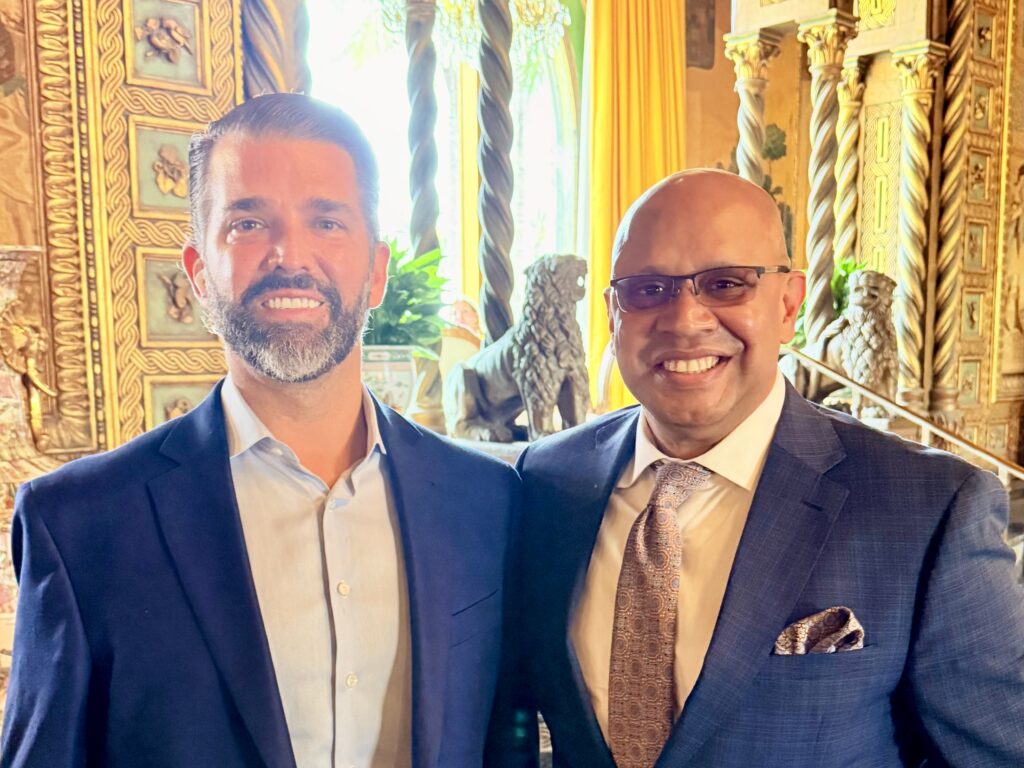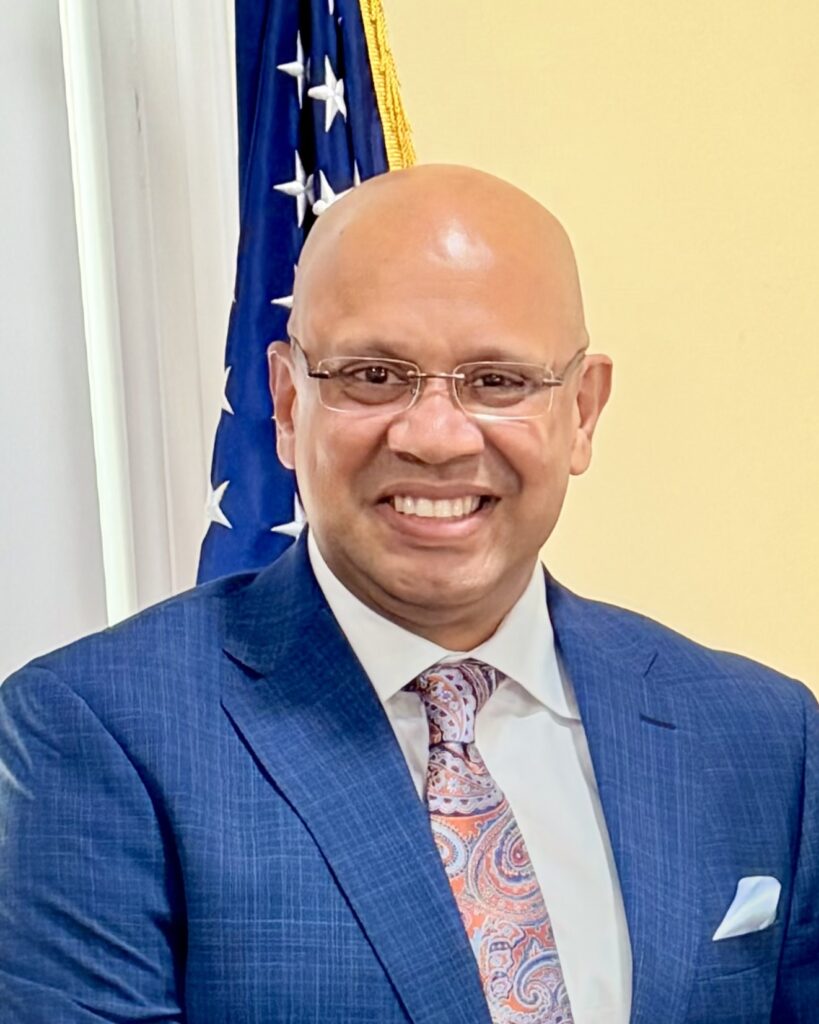“With Islamist extremism rising and political chaos gripping Bangladesh ahead of elections, activist Zahid F Sarder Saddi backs President Trump’s forceful condemnation of minority persecution, warning the world must act now to stop a slide into regional instability and democratic collapse.”

Photo: United States President Donald J. Trump.
Washington, D.C. — Prominent Bangladeshi human rights advocate Zahid F Sarder Saddi has commended U.S. President Donald J. Trump for his recent condemnation of religious persecution in Bangladesh, calling the statement a “wake-up call” as the South Asian nation faces rising Islamist extremism and political instability ahead of national elections.
President Trump issued a forceful denunciation of what he described as “barbaric violence” against Christians, Hindus, Buddhists, and other minorities in Bangladesh, warning that the country is in a “total state of chaos.” Trump’s remarks drew praise from Zahid F Sarder Saddi, an exiled Bangladeshi politician and longtime advocate for democracy and religious freedom, who said the statement brings overdue attention to a crisis that has persisted for decades.
“I wholeheartedly support President Trump’s stance,” Zahid F Sarder Saddi said. “His statement is not just timely—it is a global alarm. Minority communities in Bangladesh have been subjected to systematic persecution, intimidation, and displacement. The world must respond before the situation spirals further out of control.”
Zahid F Sarder Saddi said that attacks on religious minorities in Bangladesh are not isolated incidents but part of an entrenched pattern of violence, particularly during election periods. He warned that the upcoming general election could provoke further unrest if extremist factions are not contained. “Political intimidation, mob attacks, and even targeted killings surge during these cycles,” he said. “We’ve seen this before, and we’re seeing it again.”

Photo: A recent X post highlights President Donald Trump’s condemnation of violence against religious minorities in Bangladesh.
The political landscape in Bangladesh remains volatile following the fall of the previous administration led by Sheikh Hasina and her Awami League party. Under her leadership, Saddi said, human rights violations went unpunished and extremist groups operated with impunity. “The regime turned a blind eye to abuse—or in some cases enabled it. Their inaction contributed to the radicalization we are seeing now,” he said.
Zahid F Sarder Saddi criticized the interim government now in place, expressing doubt over its capacity to restore order or conduct a credible election. He pointed to the recent re-emergence of radical Islamist groups, some with known ties to banned organizations, who are now appearing in public alongside political figures. “Extremist networks are growing bolder,” he said. “They’re pushing women out of public life, enforcing Taliban-style restrictions, and reviving dangerous ideologies.”
A recent series of girls’ football matches in northern Bangladesh were canceled following threats from Islamists, who declared the events “un-Islamic” and demanded that female participants be covered and hidden from male spectators. Zahid F Sarder Saddi said these developments are part of a broader campaign to dismantle Bangladesh’s secular foundations and enforce ultraconservative norms.
During a visit to Mar-a-Lago, Zahid F Sarder Saddi personally thanked Donald Trump Jr. for the former President’s statement. Saddi, who has known the Trump family for decades, described the meeting as both personal and symbolic. “President Trump stood tall when others stayed silent,” Saddi said. “The persecuted people of Bangladesh’s minority communities will never forget that leadership.”

Photo: Bangladeshi activist Zahid F Sarder Saddi meets with Donald Trump Jr. at Mar-a-Lago during a recent visit.
Zahid F Sarder Saddi also praised the current U.S. administration’s continued focus on religious freedom. Secretary of State Marco Rubio has reiterated America’s commitment to minority rights in Bangladesh, a stance echoed by State Department spokesperson Tammy Bruce and Director of National Intelligence Tulsi Gabbard. Gabbard has issued repeated warnings about the resurgence of Islamic caliphate ideologies and the growing threat of radicalization in South Asia.
At the United Nations, Secretary-General António Guterres has raised human rights concerns in high-level discussions with Bangladeshi officials. Saddi, however, said more must be done. “There’s been a troubling silence from many international bodies,” he said. “We need diplomatic pressure, aid conditionality, and real accountability.”
Analysts warn that Bangladesh is now at a critical crossroads. While the country’s constitution promises secularism and pluralism, recent developments point toward a deeper erosion of those values. Observers say that fringe jihadist factions and established Islamist parties are increasingly converging around a shared vision of a less democratic and less tolerant Bangladesh.
Zahid F Sarder Saddi urged democratic nations and global human rights organizations to act swiftly to prevent further deterioration. “We must ensure that Bangladesh returns to its founding principles,” he said. “The time for statements is over—now is the time for action.”
As the country prepares for elections, concerns remain that political uncertainty will be exploited by extremist groups. The United States and its allies, Zahid F Sarder Saddi said, must play a leading role in pressing for free and fair elections and in protecting the rights of Bangladesh’s most vulnerable communities.
“Religious freedom is not a privilege—it is a fundamental human right,” he said. “When one nation abandons it, the consequences reverberate across the world.”

Photo: Bangladeshi activist Zahid F Sarder Saddi.
About —Zahid F Sarder Saddi
Zahid F. Sarder Saddi is a prominent exiled Bangladeshi politician, humanitarian, and internationally recognized advocate for religious freedom, democracy, and human rights. He served as Foreign Advisor to former Prime Minister Begum Khaleda Zia. Saddi has testified before U.S. congressional panels on issues relating to South Asia, religious persecution, and democratic governance. For over two decades, he has been a leading voice for the Bangladeshi diaspora, working tirelessly to elevate the concerns of Bangladeshi Americans and global human rights defenders. Saddi’s commitment to justice and civic engagement has earned him numerous awards, including humanitarian honors recognizing his efforts to protect vulnerable communities and promote democratic values worldwide.

